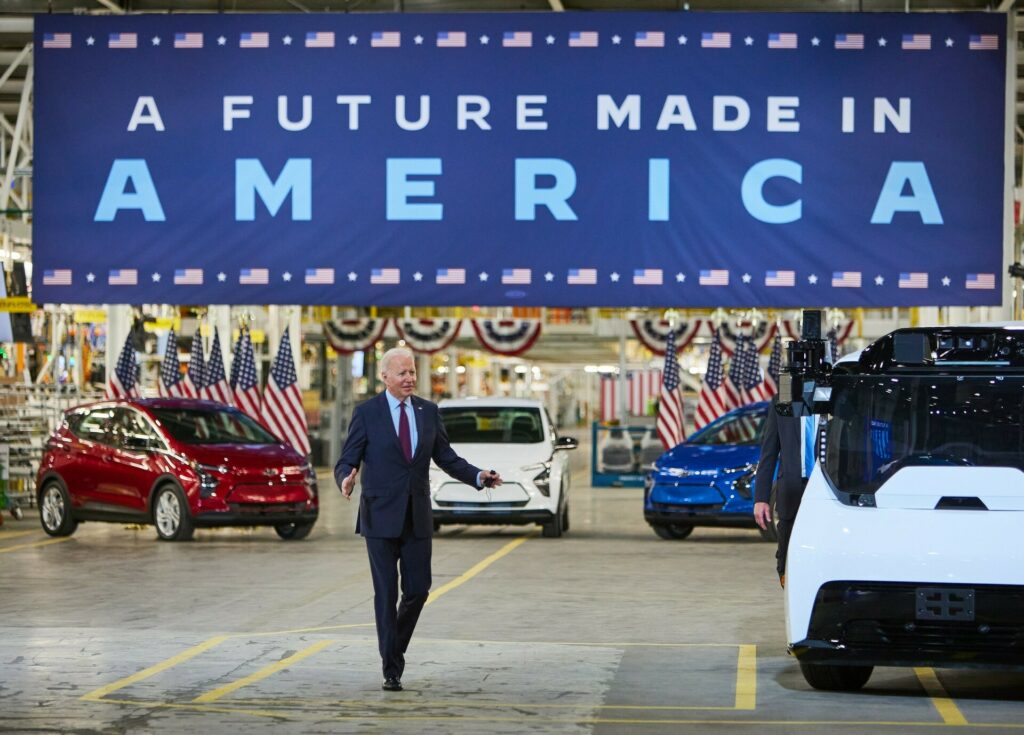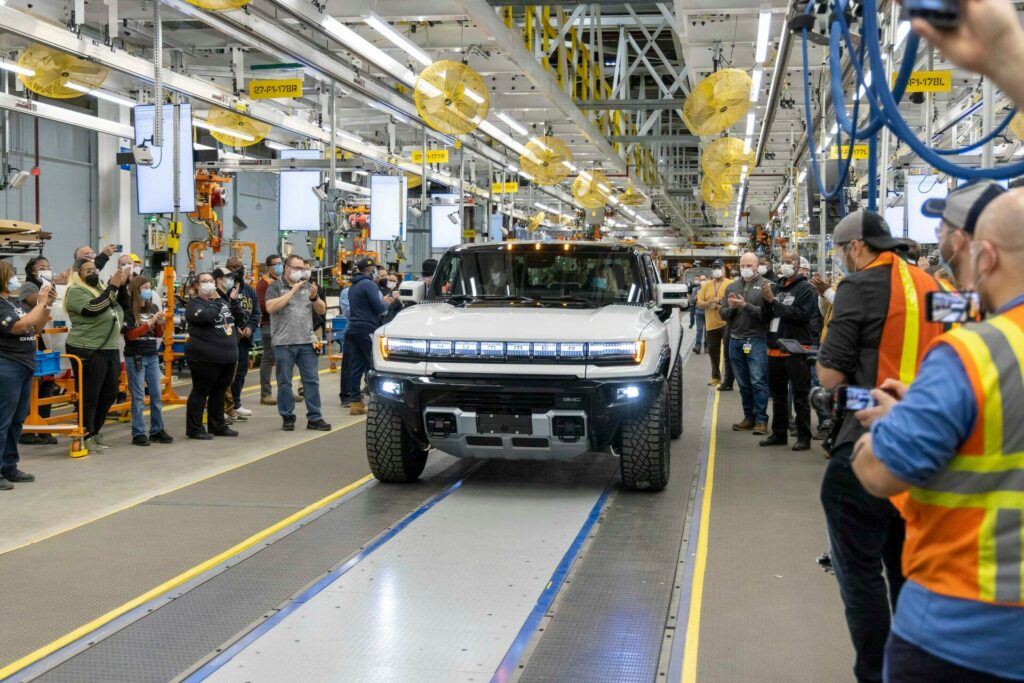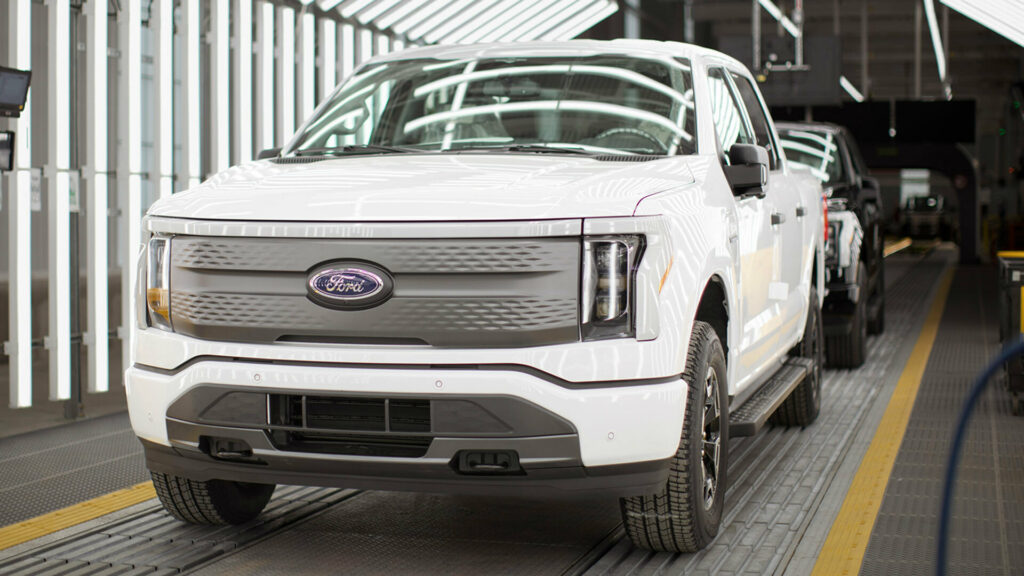The electric revolution won’t be cheap, but the U.S. Department of Energy (DOE) is throwing automakers and suppliers a multi-billion dollar bone. However, this is no chew toy as the government has announced programs “primarily focused on retooling existing factories for the transition to electric vehicles.”
$2 (£1.5 / €1.8) billion in grants will be available and the government will also offer up to $10 (£7.9 / €9.2) billion in loans at discounted rates. However, plants won’t be treated equally as “in the Domestic Conversion Grant Program, higher scores will be given to projects that are likely to retain collective bargaining agreements and/or those that have an existing high-quality, high-wage hourly production workforce, such as applicants that currently pay top quartile wages in their industry.” In layman’s terms, it’s a pro-union move in the midst of openly hostile labor talks with automakers.
More: U.S. Government Commits $2.5 Billion To Grow EV Charging Infrastructure

The DOE also revealed a Notice of Intent to provide $3.5 (£2.7 / €3.2) billion in funding to “expand domestic manufacturing of batteries for electric vehicles and the nation’s grid, as well [as] for battery materials and components currently imported from other countries.” The notice says the program is funded by the Infrastructure Investment and Jobs Act, and it aims to strengthen America’s clean energy supply chain and manufacturing base as well as retain “good-paying union jobs” – among other things.
As with any government program, there are a lot of conditions, but cost-shared grants will be available for domestic production of hybrid, plug-in hybrid, electric, and fuel cell vehicles. As for the loans, they can be used to help convert or directly replace an existing factory that builds eligible vehicles.
Secretary of Energy Jennifer Granholm said, “President Biden is investing in the workforce and factories that made our country a global manufacturing powerhouse.” She added, “Today’s announcements show that President Biden understands that building the cars of the future also necessitates helping the communities challenged by the transition away from the internal combustion engine.”





